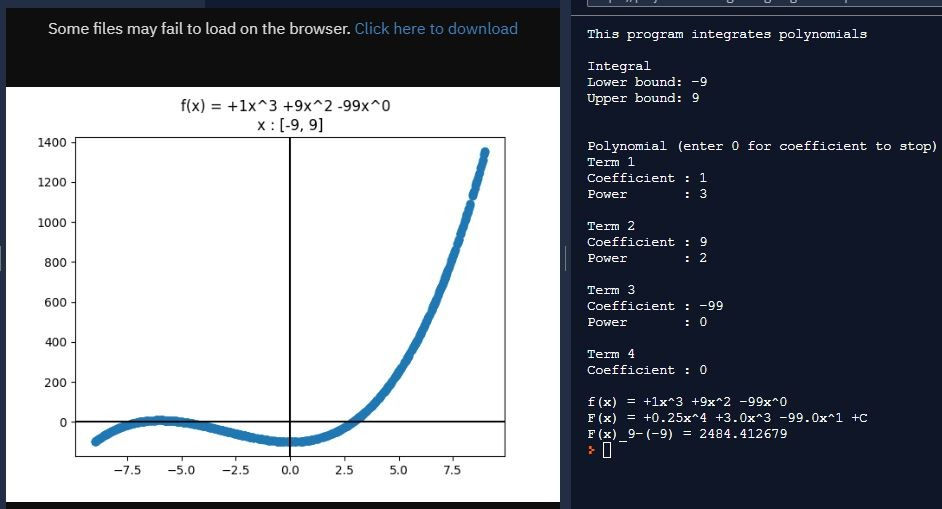Factors and Prime Numbers
- George Fane

- Sep 8, 2019
- 2 min read
Updated: Nov 27, 2019
I watched a Numberphile video (goodness, I love that channel now) about encryption. Dr. James Grime began by reading an incredibly long number that was the product of massive primes. A computer could go through many, many numbers before finding the first factor. He then explained that the encryption process involved public and private keys, and probably other concepts, but I had already started thinking about a number factorizer program.
Factorizer v2

For some inputted natural number, the program would go through all lesser natural numbers to check for factors. If the input divided by some number yielded a remainder of 0, the input was divided by that number. This would recur until the remainder became nonzero, whereupon the next natural number would be tested.
I wrote this program a while ago and do not remember the struggles of development precisely. I believe that the process of dividing the input by some number repeatedly gave me trouble, leading to a second loop nested in the first, a third in the second, and so on, all the way to a seventh nested loop. However, I created a functional solution in the end.
for (n = 2; n <= num; n++)
The only issue I have is that the above first for loop, which goes through all natural numbers above 1 to find factors, should only go through the primes, which I did not even think of until a few seconds before writing this sentence.
if (o == n)
{
cout << endl << o << " is prime!";
}
I tacked on the above statement rather flippantly because I vaguely remembered that mathematicians get excited about prime numbers. However, this led to eye-opening and exciting explorations of number theory that I will describe later.
My first version of a factorizer attempted to store every factor in an array. I remember even less of this program. However, running the program yielded a highly unusual ouput:

This likely indicates that the program is outputting an array value that does not exist, like array[-1]. However, I did not think of that possibility at that time; I was so frustrated that I outputted some song lyrics with cout just to check if I was going insane.
Prime Number Finder

This program expands and streamlines the tiny section of Program Factorizer v2 that finds primes. I remember that this was also a struggle to write, yet still made this more complex than necessary; I divided every natural number by all of its factors and checked at the end whether the natural number remained the same by having no factors.
I outputted the primes as coordinates (Position, Number) because I thought I would graph them on Desmos to try finding patterns; I outputted frequency for the same reason. Later I would both graph the primes and study frequency, diving much further into number theory than I thought I ever would at the time.
Thank you for reading!
George Fane



Comments